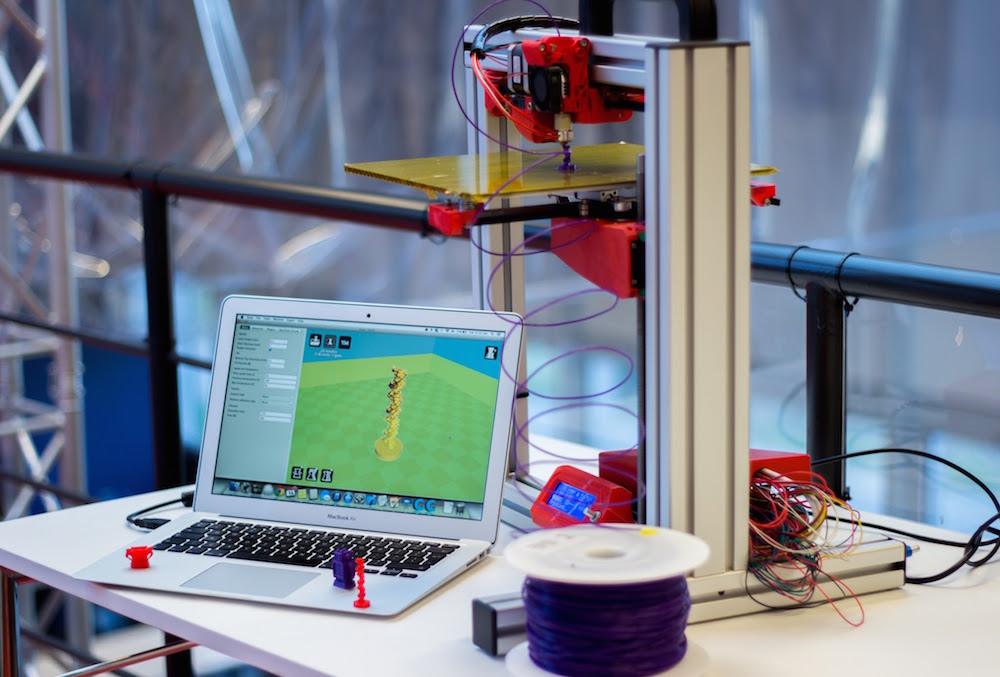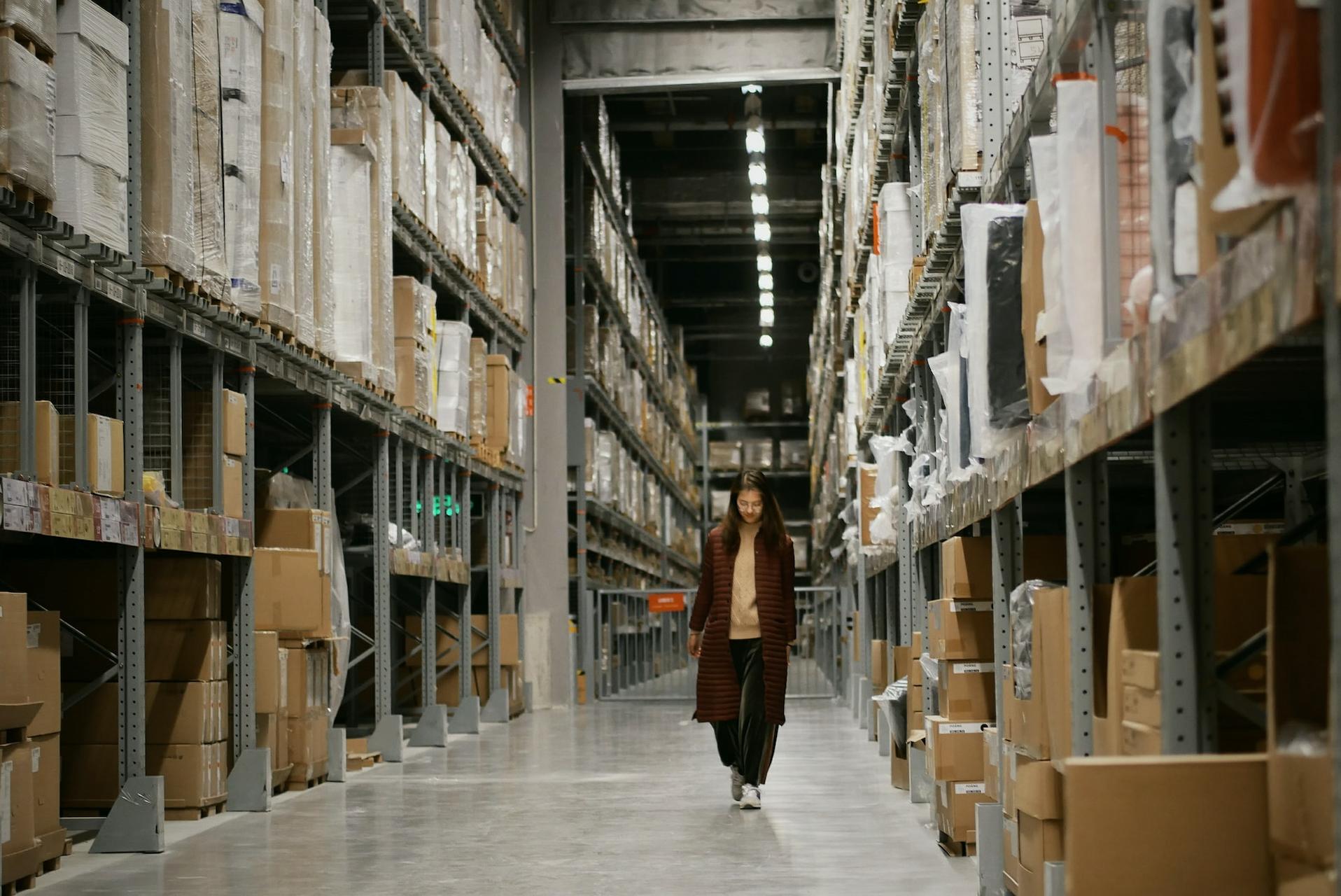The face of our country has changed a great deal in the last century. The average population in the UK in the early 1900’s was not quite 40 million, whereas today the country boasts over 60 million inhabitants, and with the increased population comes an increase in consumer demand.
Britain is steeped in history, with a wealth of experience as an industrious, hard-working country that has thrived despite no less than two World Wars, industrial revolutions and of course the dreaded recessions. The industrial landscape in the UK was heavily dominated by agriculture and manufacturing in the early 1900s, with a huge proportion of working people being either involved in arable, dairy or cattle farming or employed within a factory as part of a valuable processing line to earn a living.
However with the birth of the industrial revolution and developments in technology, agriculture and manufacturing industries have seen a steady decline while the Services industry, including energy, retail, hotels, restaurants, transport and communication, banking and finance, education and public health take centre stage in our evolving economy.
It is true that the modern-day manufacturing industry takes up a significantly smaller proportion of the industrial landscape, but this is not due to lack of demand; quite the opposite in fact. Today’s manufacturing companies have had to think bigger, work harder and faster and increase productivity to an unprecedented level that could not be matched by a large workforce. Therefore they have had to capitalise on the latest advancements in technology and invest in precision machinery to streamline their team, whilst simultaneously increasing productivity, accuracy and reliability.
Some of the country’s manufacturing successes in the 20th century were the heavy industries such as the steelworks and the textile industry. Both industries employed thousands of skilled individuals but as technology was developed to find more efficient methods of producing steel and mass production of low-value goods, the factory workforces dwindled as they were replaced by machinery. Then, as businesses across the world have found themselves connected via the wonder that is the World Wide Web, globalisation followed and made business more competitive, resulting in yet further cuts in the manufacturing industry as imported goods became increasingly more affordable and easily accessible.
Although quite significant, it is worth noting that not all the changes made in the last half-century have been detrimental to the manufacturing industry in the UK. Despite its small size, this feisty island still proves that she is a big player in the world’s economy as she enjoys robust relationships with other countries both as an importer and exporter of goods. Machinery developments, the phenomenon of the internet and the exponential increase of trade and productivity that has resulted from a combination of the above continues to be one of the things that make Great Britain truly great, and for this, we should be extremely proud.



